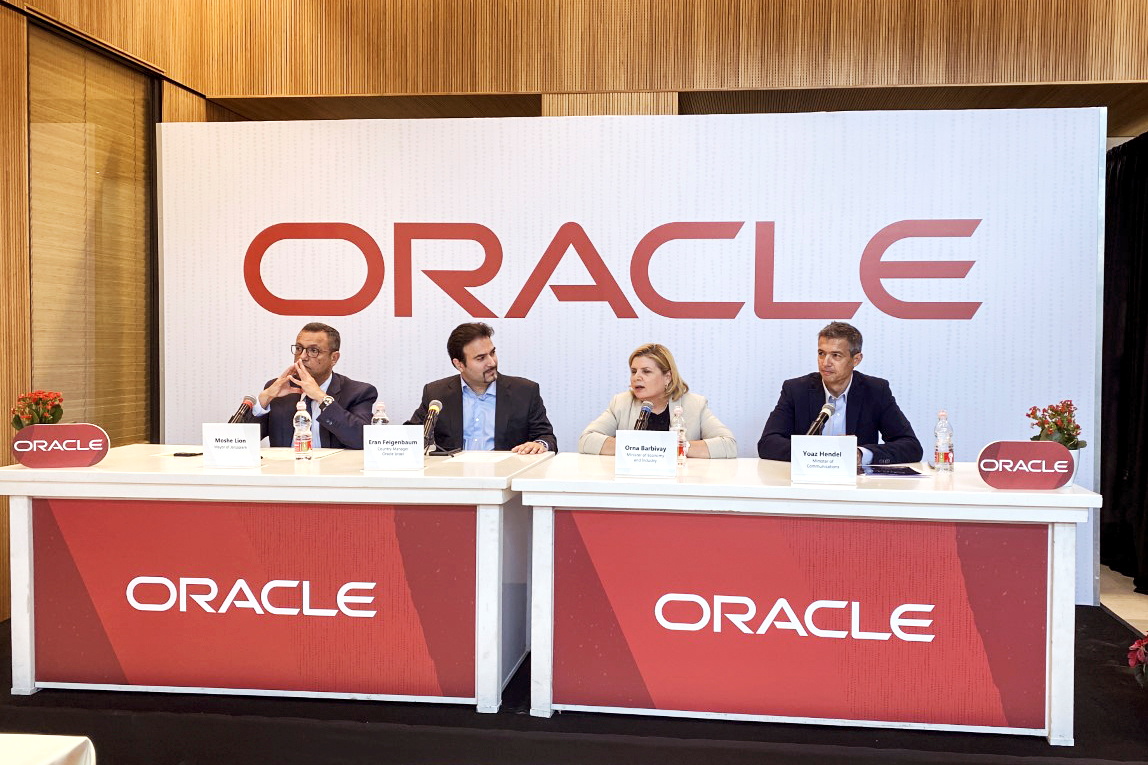In a landmark announcement today, Oracle Corp. introduced a series of significant enhancements to its MySQL HeatWave database platform. These enhancements offer a robust array of features that span AL/ML, data optimization, and query acceleration for data management and analysis.
One of the highlights is the introduction of the Vector Store for more precise insights, utilising their proprietary data of LLMs. The store accepts documents in various formats, storing them as embeddings generated through an encoder model. These embeddings facilitate accurate searches, improving the contextual relevance of responses when interacting with MySQL HeatWave.
Coupled with the Vector Store, the platform now boasts generative AI capabilities, for users to interact with MySQL HeatWave in natural language. This advancement enhances document searches within the HeatWave Lakehouse.
“Vector stores and generative AI bring the power of LLMs to customers, providing them with an intuitive way to interact with data in their enterprise and get the accurate answers that they need for their business,” said Edward Screven, chief corporate architect, Oracle.
Oracle has reinforced HeatWave’s ML capabilities with a fully automated pipeline for model training. A key advantage is the ability to conduct ML tasks without the need to migrate data to external services. Customers can securely apply ML training, inference, and explanation directly within HeatWave.
MySQL Autopilot has undergone significant improvements, too. It now includes features such as Autopilot indexing, which automates index creation for optimal OLTP workload performance. Auto compression assists in selecting the best compression algorithm for each column, improving load and query performance while reducing costs.
This release introduces JavaScript support, enabling developers to create stored procedures and functions in JavaScript. Notably, data remains within the database, eliminating the need for data transfers to the client, and code execution benefits from Just-In-Time (JIT) compilation in the GraalVM runtime.
Developers and database administrators can use HeatWave for real-time analytics on JSON documents stored within the MySQL database, achieving significant query acceleration. Furthermore, the platform now supports new analytic operators, including CUBE, Hyper Log Log, Qualify, and Table sample, facilitating migration of diverse workloads to HeatWave.
The post Oracle Announces AI/ML Features To Its MySQL HeatWave: A Pioneering Shift in Database Innovation with AI and ML Superpowers appeared first on Analytics India Magazine.



![[CITYPNG.COM]White Google Play PlayStore Logo – 1500×1500](https://startupnews.fyi/wp-content/uploads/2025/08/CITYPNG.COMWhite-Google-Play-PlayStore-Logo-1500x1500-1-630x630.png)